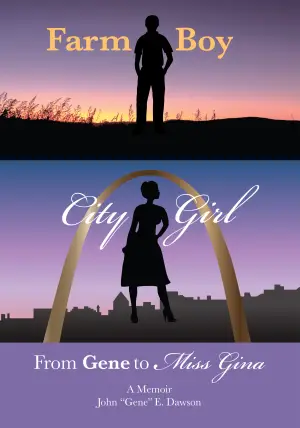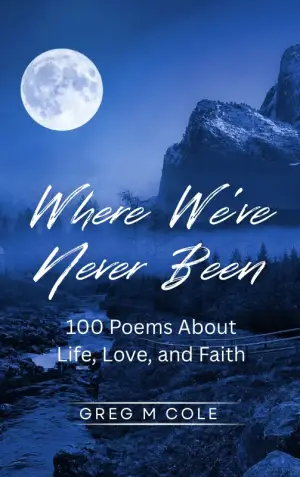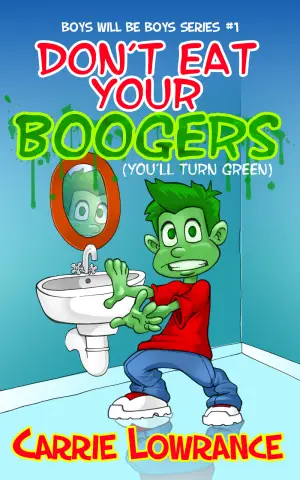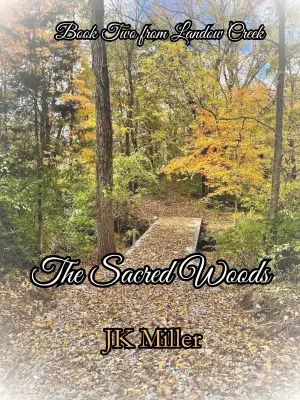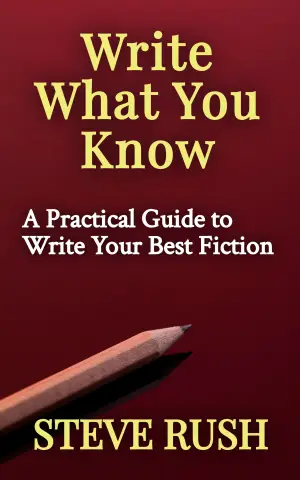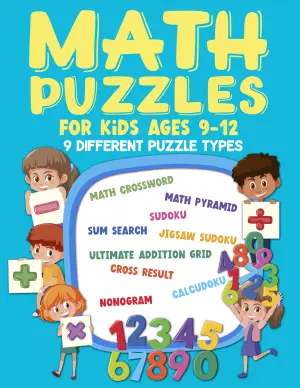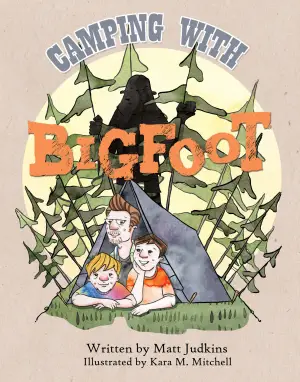Book Review: The Wren in the Holly Library (Oak & Holly Cycle, #1) by A.M. Aiken
When I first laid eyes on The Wren in the Holly Library, my excitement was undeniable. The premise—a post-apocalyptic New York City laced with Celtic mythology—felt like a deliciously enticing concoction waiting to be savored. A.M. Aiken’s reputation for stirring tales featuring intricate worlds only heightened my anticipation. However, as I delved deeper into its pages, I found myself grappling with a narrative that, much to my chagrin, felt less like a thirst-quencher and more like a lukewarm cup of tea.
From the outset, the thematic backdrop of monsters and magic held great promise. The world-building, though at times fascinating, became overshadowed by the flaws that plagued the plot. Our protagonist, Kierse, is thrust into a world of factions, alliances, and hidden agendas, and while the elements are intriguing, the execution often left much to be desired. Kierse’s journey intertwines with Graves, the brooding MMC who holds secrets of his own—but spoiler alert: their connection feels less like sparks flying and more like a flickering light.
As we explore the characters, it’s hard not to notice the tropes that pop up with the frequency of an old friend. Kierse is the quintessential “overpowered” protagonist, while Graves fits the mold of the mysterious love interest with a penchant for the dramatic. Yet this familiarity breeds a certain dissatisfaction. Characters in our supporting cast often appeared as mere placeholders, lacking depth and relatability. It’s like they were cast in a story they didn’t quite belong to, serving solely to advance Kierse’s narrative without ever flourishing into fully realized beings.
The writing style left me conflicted. Aiken’s prose flirts with lyrical moments—particularly when referencing Celtic mythology—but falters when it comes to dialogue and more passionate encounters. I mean, "achingly alpha"? Where’s the nuance? Those moments that should have resonated instead produced a knowing eye roll. While I can appreciate the intention behind attempting to create a moody atmosphere, the execution sometimes veered into the territory of cliché.
Still, there were pockets of brilliance amid the overused tropes. The idea of monsters recharging their magic through activities they love felt like a refreshing twist—Graves’ love for books as his source of strength stood out to me as an imaginative touch. The potential for an underground city below NYC bubbled with intrigue, a backdrop I wished was explored more.
However, my excitement for these elements kept colliding with moments that felt terribly underwhelming. The stakes seemed unreal; every perilous situation breezed by without substantial consequence. It became increasingly frustrating to follow a character who consistently escaped danger with minimal effort—where’s the tension in that?
As the book drew to a close, I found myself wrestling with emotional and plot-related resolutions that felt more like convenient ties than authentic evolutions. I suppose it’s emblematic of a broader trend I’ve noticed in some recent releases: the balance between darker themes—such as violence and trauma—and the lightness of the romantic tropes can lead to confusion about what the story ultimately seeks to convey. The handling of serious issues, particularly around sexual assault under the guise of character development, left a bitter aftertaste.
In conclusion, The Wren in the Holly Library could resonate with readers who appreciate a blend of romance and fantasy, especially if you enjoy a familiar trope-driven narrative. However, if you’re on the lookout for depth and character-driven stories, you might find this offering to be a light snack rather than a fulfilling feast, leaving you yearning for more.
The journey may not be one I could fully endorse, but it certainly has led me to reflect more deeply on the narratives we embrace and what we choose to overlook in our quest for entertainment. Happy reading, friends!
Discover more about The Wren in the Holly Library (Oak & Holly Cycle, #1) on GoodReads >>

